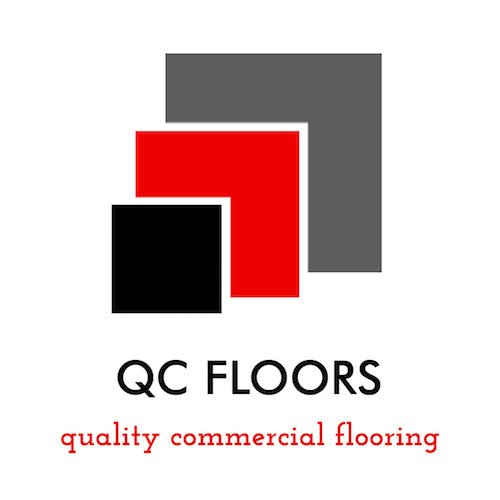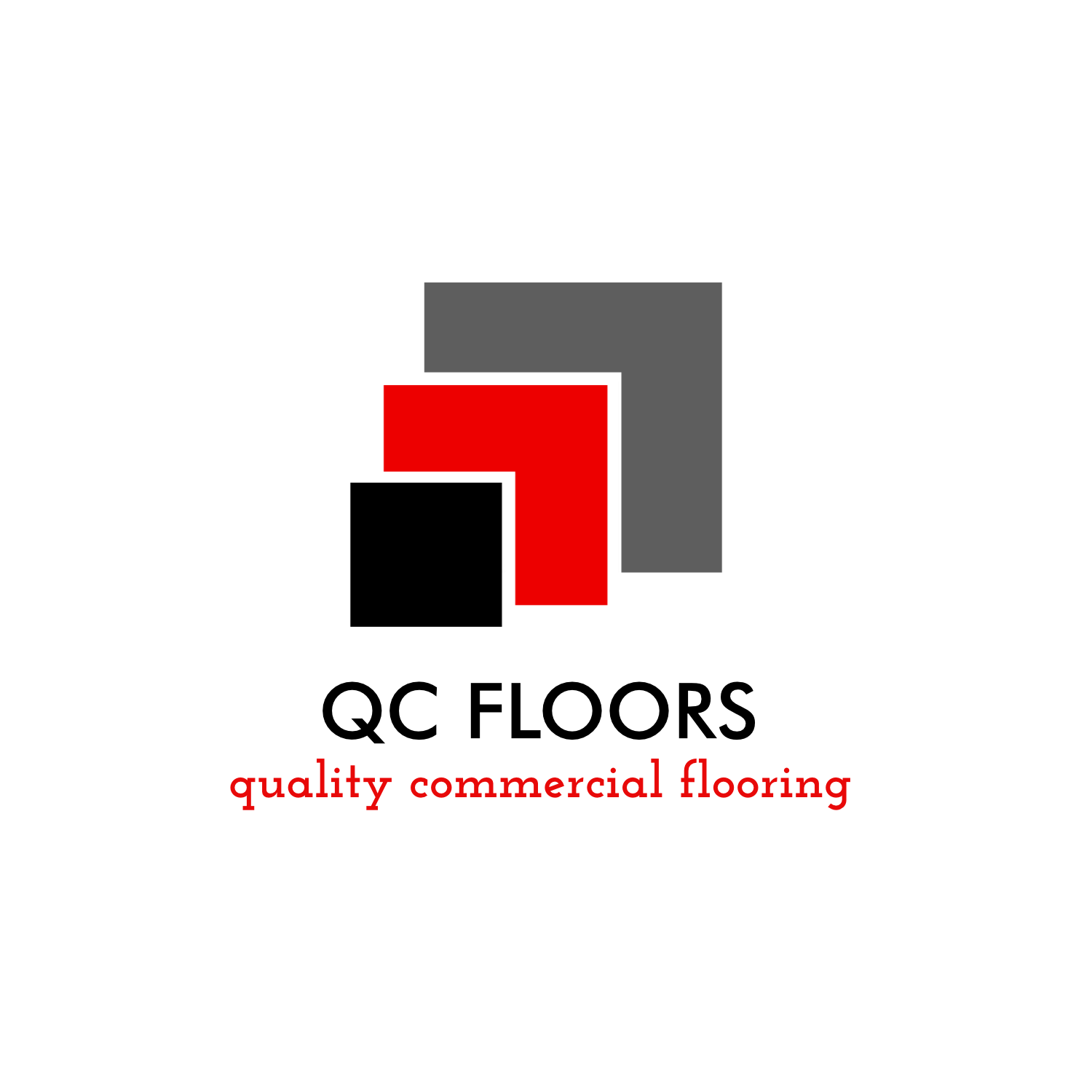
Frequently Asked Questions About Epoxy Flooring
-
An epoxy resin floor is a type of flooring that is made by combining two liquid substances, epoxy and hardener. This type of flooring is often used in industrial and commercial settings because it is very durable and easy to clean. Epoxy resin floors can also be quite attractive, and they are available in a variety of colours and designs.
-
There are many benefits to laying an epoxy resin floor. One benefit is that they are very easy to maintain and keep clean. Being impermeable to water means they are very hygienic and that a quick hose or mop down can reduce cleaning time in your business while still maintaining the integrity of the floor.
The second benefit to using epoxy resin floors is that they can be very slip-resistant, which is important in industrial and commercial settings where there may be spills or other liquids present. You can choose the rating and level of your anti-slip epoxy floor, to ensure your business passes health and safety inspection codes and employees work in a safe environment.
The third benefit of epoxy resin floors is that they are very durable and can last for many years with proper care. The average lifespan of this type of flooring can be around 2-3 years, but also up to 10 years if looked after properly and where there is small amounts of foot and vehicle traffic such as a showroom.
Lastly, commercial epoxy floors are the best type of floor if you are looking for a quick turn-around time for your business. From prep work to final cure, the maximum amount of time can be as little as 4 hours for patchwork or 3-4 days for a new commercial kitchen.
-
There are several factors to take into account. when choosing the right type of flooring for your business. However, if you're looking for a durable and long-lasting option, you should consider a resin epoxy floor
Epoxy floors are a type of flooring that is a synthetic material that is made from a blend of two liquid substances: a resin and a hardener. When these two substances are mixed they create a tough and durable material that can be used for a variety of purposes, including flooring.
Epoxy resin floors are a popular choice for many business owners because they are easy to clean and maintain. They are also slip-resistant and heat-resistant, which makes them a safe option for many commercial and industrial settings. If you are considering installing resin epoxy floors in your business, there are a few things you should keep in mind.
First, you will need to choose the right type of epoxy resin for your floors. There are two main types of epoxy: one-part and two-part. One-part epoxy is pre-mixed and can be used immediately, while two-part epoxy requires the user to mix the resin and hardener before use. Two-part epoxy is generally stronger and more durable than one-part epoxy, but it is also more difficult to use and should be left to epoxy floor professionals.
Second, there are two primary ways to apply epoxy resin to a surface: trowel coat and roll coat. A trowel coat is applied with a trowel which results in a thicker coat of resin, typically around 2-4mm thick. A roll coat is applied with a rolling pin and results in a thinner coat of resin, similar to paint on a wall.
So, which method is better? Ultimately, it depends on the business requirements and budget, however, a trowel application is always the best choice for commercial business as it offers a more durable floor, it lasts longer and saves on maintenance and money into the future.
-
An epoxy resin floor is a type of flooring that is made from a mixture of polymer resins and hardening agents, making it extremely durable and easy to maintain if looked after correctly and can last for many years.
Usually, in a commercial business, you can expect the floor to last for an average of 2-3 years. This will depend on the amount and type of traffic that the floor experiences, as with lighter foot traffic you could expect even more durability than the average stated above.
Another variable to consider when choosing epoxy resin flooring for your business is the thickness of the coat. A roll coat is thinner and cheaper, but much less durable than the more popular trowel coating technique used in commercial flooring. The thinner the coating, the less likely it is to withstand the elements it is exposed to.
If you are looking for a flooring option that will last for many years, epoxy resin floors are a great option to consider. but they will eventually need to be replaced.
-
Epoxy floor coatings are a great way to protect your floor and make it look great. But can they cover up cracks and other imperfections?
The answer is yes and no. Epoxy coatings, especially epoxy flake flooring, can help to disguise cracks and other imperfections, but they will not completely cover them up. If you have significant cracks or damage to your floor, epoxy flooring professionals will use other materials to fill in and cover those cracks before they start preparing a concrete floor for epoxy coatings.
-
The answer to this question depends on the type of epoxy flooring you have. If a thicker trowel coat of epoxy is applied using top-quality products, a commercial epoxy floor is less likely to scratch like wood and tile under heavy traffic and loads.
It is also important to allow the correct curing time to occur based on the products used and advised by the flooring professionals that laid the epoxy coating.
Not allowing the floor to properly cure can lead to several problems. The floor may not be as strong as it should be, and it may be more susceptible to damage such as cracks and scratches from objects or traffic. The finish may also not be as smooth or even, and there may be bumps or indentations in the floor.
In extreme cases, the floor may even start to peel away from the subfloor. All of these problems can be avoided by simply allowing the floor to cure properly before walking on it or adding equipment or machines to the space.
Be sure to sweep, vacuum and mop regularly. You should also place mats or rugs at entrances to help reduce the amount of dirt and debris that is brought into your building. By taking these simple steps, you can help keep your epoxy floor looking like new for years to come.
-
The time it takes for an epoxy resin floor to dry will depend on several factors, including the type of epoxy used, the thickness of the coating, the air temperature and humidity, and the flow of air over the floor. In general, you can expect the floor to be dry to the touch within 12 hours with complete chemical curing at 7 days.
If you require fast-curing epoxy floors in your business, some products allow curing to happen within 2-3 hours
This can be a great option if you need to get your floor back in use quickly. There are a few things to keep in mind though when choosing a fast-curing epoxy.
Make sure that the product your flooring professional uses is appropriate for the environment it will be used in. Certain fast-curing resins can be very smelly as they harden and are not appropriate for all closed-in environments. Always check that you have the proper ventilation in place to allow the fumes to dissipate quickly.
Also, be aware that fast-curing epoxies can generate a lot of heat, so be sure to let a professional lay this type of resin as they have safety protocols in place and will follow the manufacturer's instructions carefully.
-
There are several factors to take into account when deciding whether or not to epoxy over an existing floor. These include the type of flooring, the size of the room, the climate, your budget and what the floor space is used for. For example, if the room is small and not required for health and safety, then epoxy may not be necessary. Likewise, if the climate is humid, then epoxy may not be the best option.
The most important factor though is the condition of the existing floor. If the floor is concrete and in decent condition, then epoxy is a good option. However, if the floor is in poor condition, or a more porous material then epoxy may not be ideal. It is easy to request an Online Enquiry or an Onsite Visit from the QC Floors Team to find out if our commercial epoxy flooring system is right for your business.
-
Yes, an epoxy floor can be recoated, but it is important to note that not all epoxy floors should be recoated. If your floor has been damaged or is showing wear, it is best to consult with the QC Floors Team to see if recoating is the best option. In some cases, it is necessary to remove the old epoxy floor before a new one can be applied.
-
One of the many benefits of an epoxy floor is that it is impermeable to liquids, making it easy to clean and protect your floors from spills. You can simply sweep or mop them and they will look good as new. But what happens if you spill something on an epoxy floor? Can it get wet?
The answer is yes, an epoxy floor can technically get wet. However, it is not advisable to do so if the floor does not have an anti-slip finish as it can become a slip hazard when wet.
It is also important to know that not all liquids are safe for an epoxy floor. In industrial settings, some chemicals when spilt can damage the integrity of the epoxy resin which can bleach, delaminate or even corrode the floor, if not cleaned up quickly. For this reason, it is important to consult with the QC Floor Team who can provide several options around chemical-resistant epoxy coatings for your commercial business.
-
If you are interested in epoxy resin floors for your business it is easy to get an online or on-site quote from the QC Floors Team. When requesting a quote, be sure to provide us with as much information as possible about your project so we can provide you with the most accurate estimate. You can simply complete our Online Form Here and the team will be in touch by the next working day.


